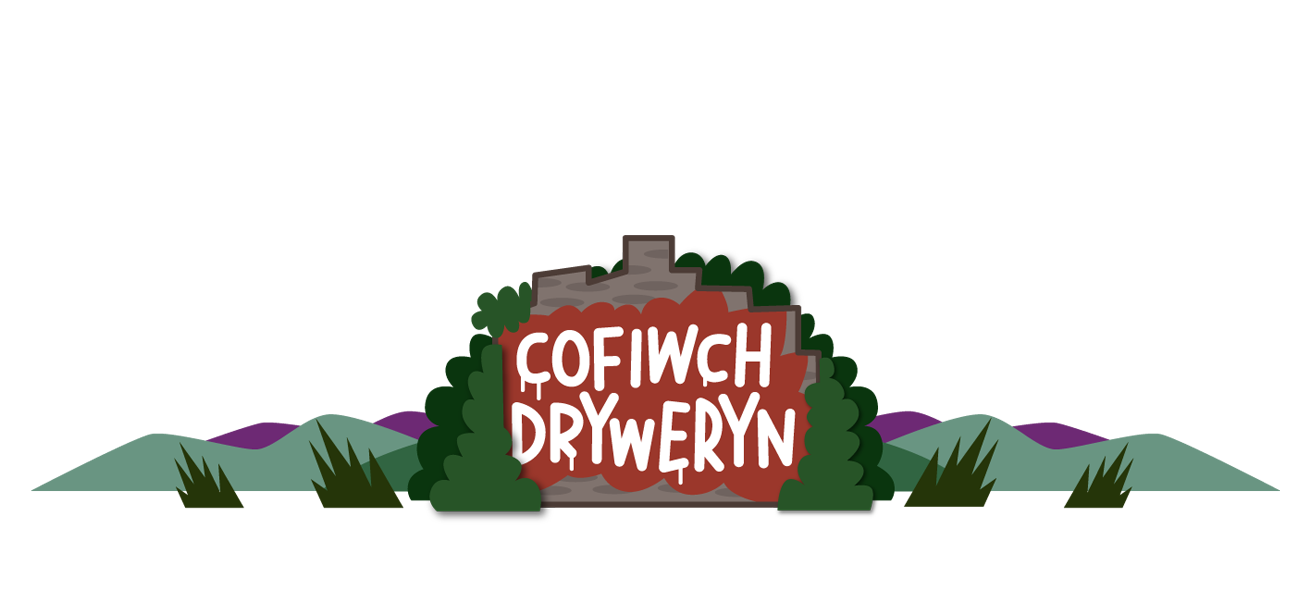

On the A487 roadside near Llanrhystud is a piece of graffiti written in reaction to one of the most notorious cases of the British government trampling over Welsh interests. ‘Cofiwch Dryweryn’ is by now an iconic image of modern Wales. It refers to the compulsory eviction of the village of Capel Celyn so the valley could be flooded by the new Tryweryn Reservoir, built to provide water to Liverpool. The graffiti was initially painted in white in 1963 and has subsequently been recrafted many times. Today’s image has the words 'Cofiwch Dryweryn' in white on a red background, complete with the Cymdeithas yr Iaith’s (the Welsh Language Society) dragon tongue symbol underneath.
Photo of the Cofiwch Dryweryn Graffiti - copyright Yvonne Evans
Cofiwch Dryweryn Graffiti, Llanrhystud
-
- Region : Mid Wales
- Grid Ref : SN 54733 70955
- GOOGLE Map
- Add to your list
On the A487 roadside near Llanrhystud is a piece of graffiti written in reaction to one of the most notorious cases of the British government trampling over Welsh interests. ‘Cofiwch Dryweryn’ is by now an iconic image of modern Wales. It refers to the compulsory eviction of the village of Capel Celyn so the valley could be flooded by the new Tryweryn Reservoir, built to provide water to Liverpool. The graffiti was initially painted in white in 1963 and has subsequently been recrafted many times. Today’s image has the words 'Cofiwch Dryweryn' in white on a red background, complete with the Cymdeithas yr Iaith’s (the Welsh Language Society) dragon tongue symbol underneath.
Photo of the Cofiwch Dryweryn Graffiti - copyright Yvonne Evans

